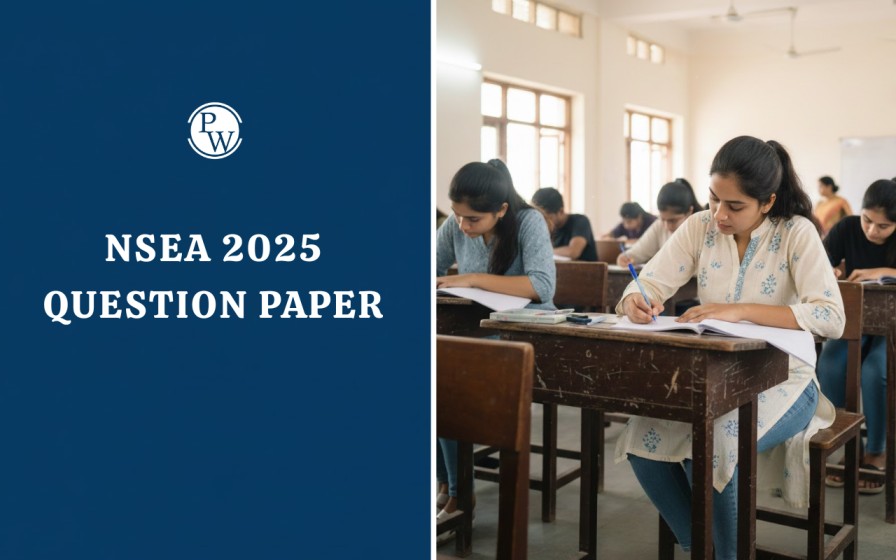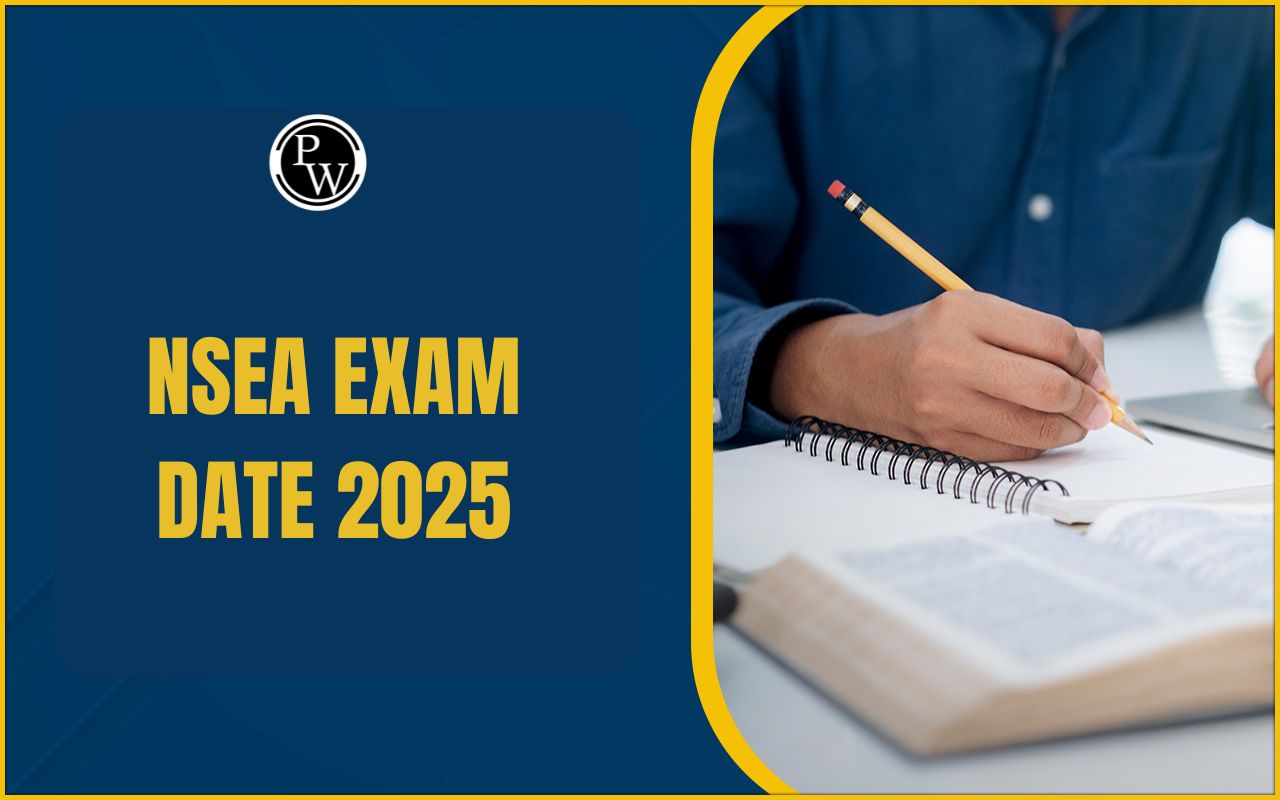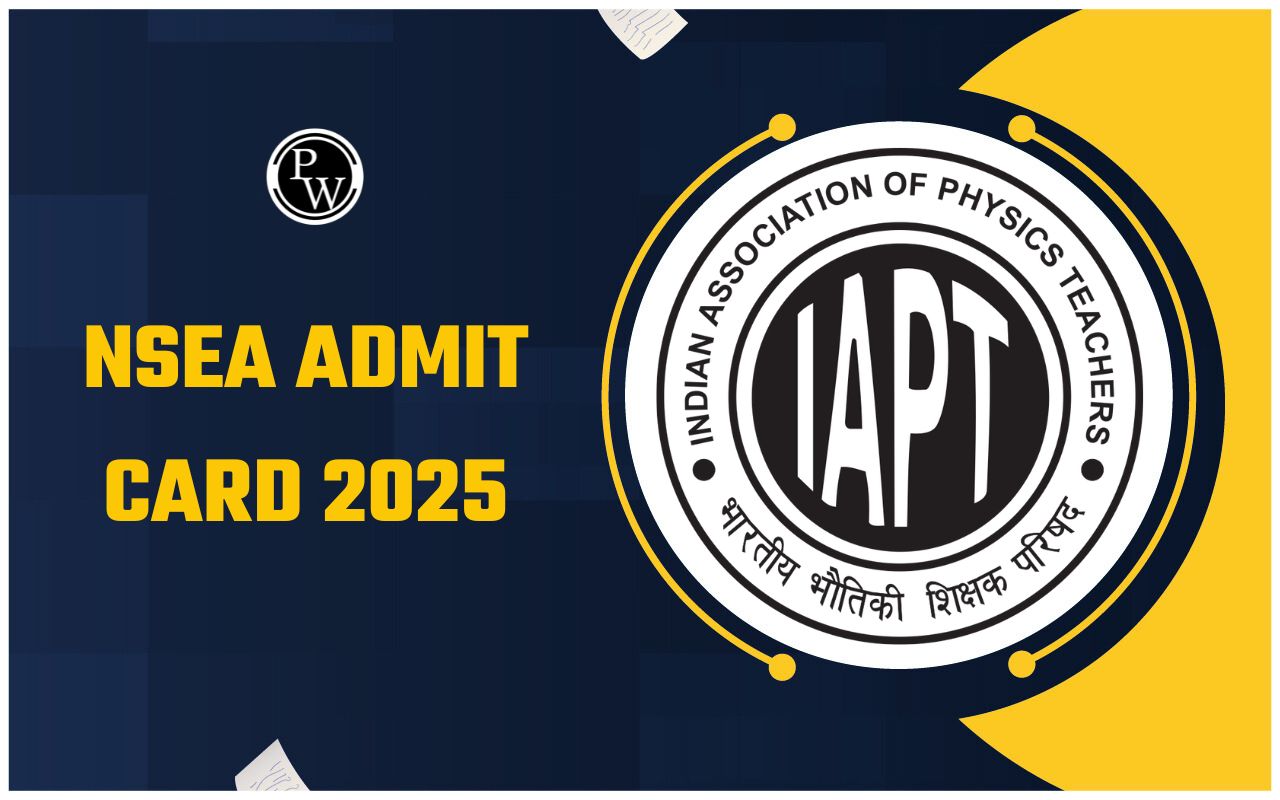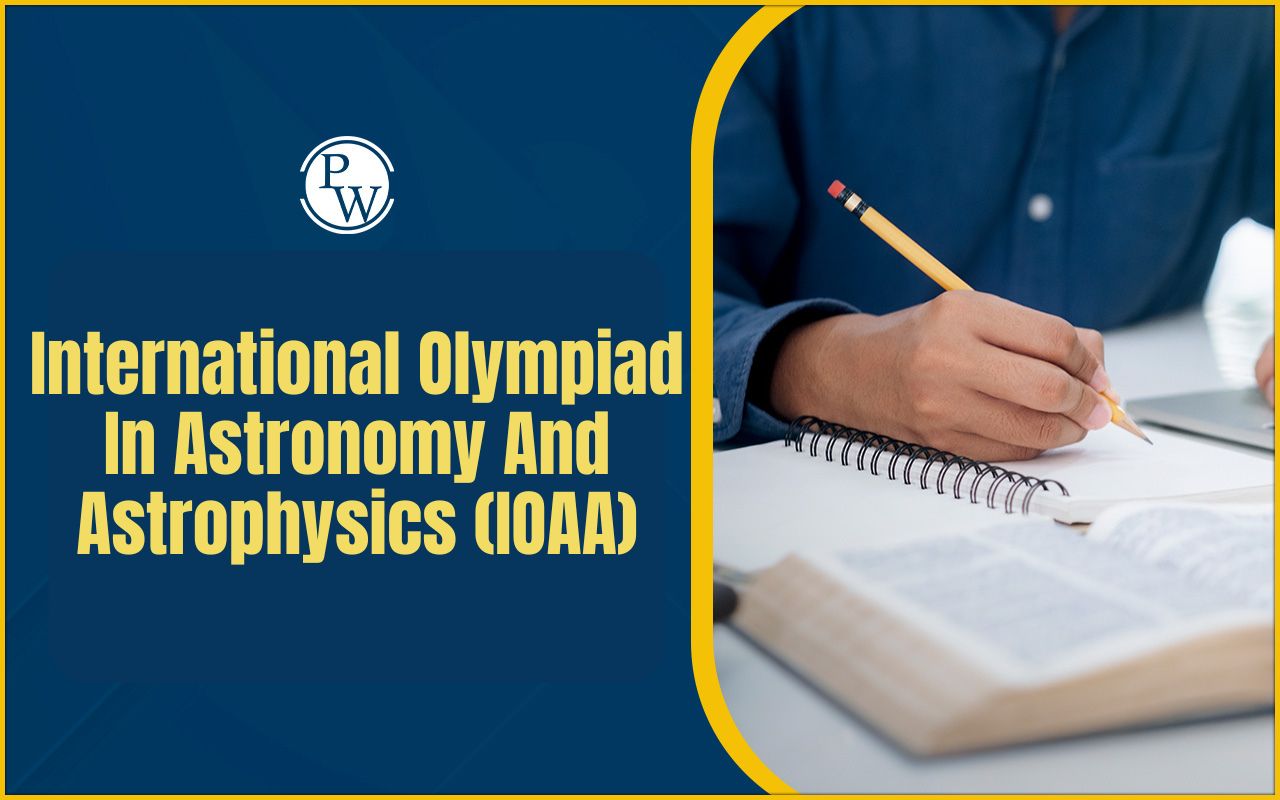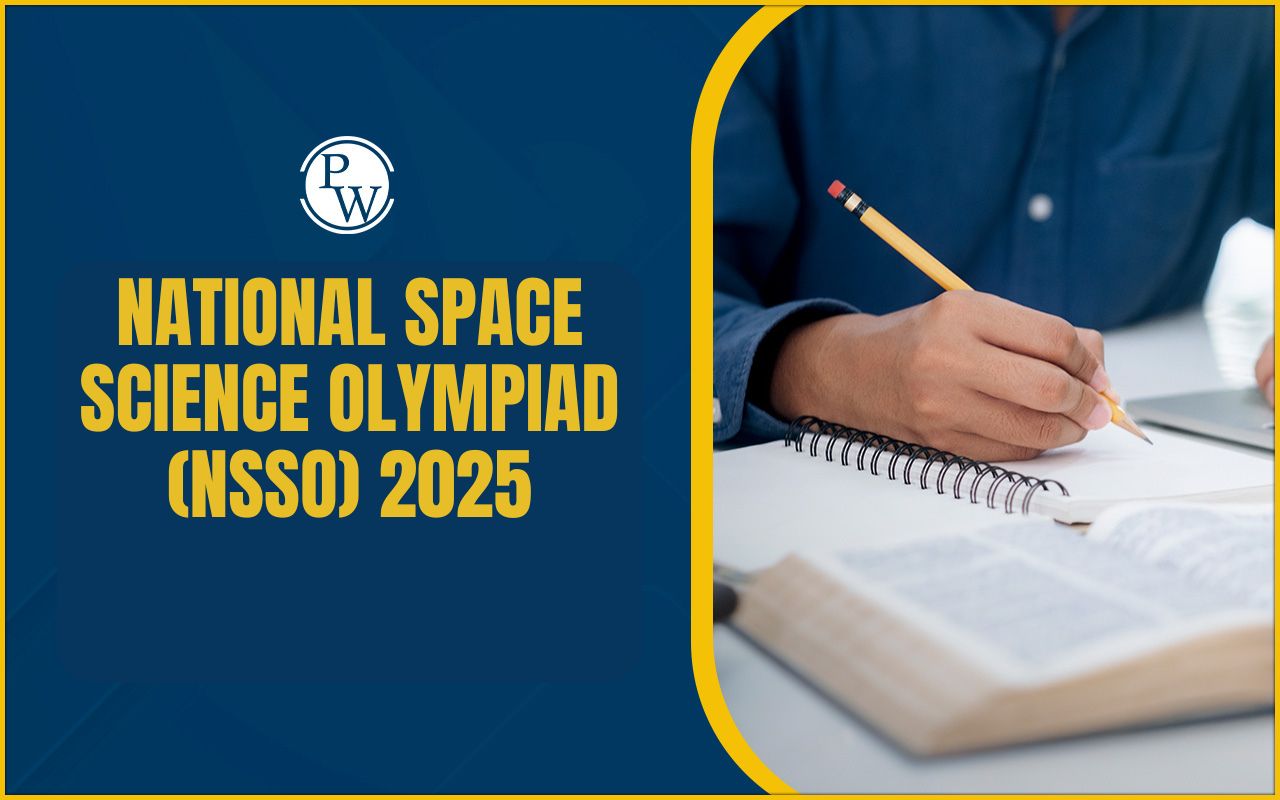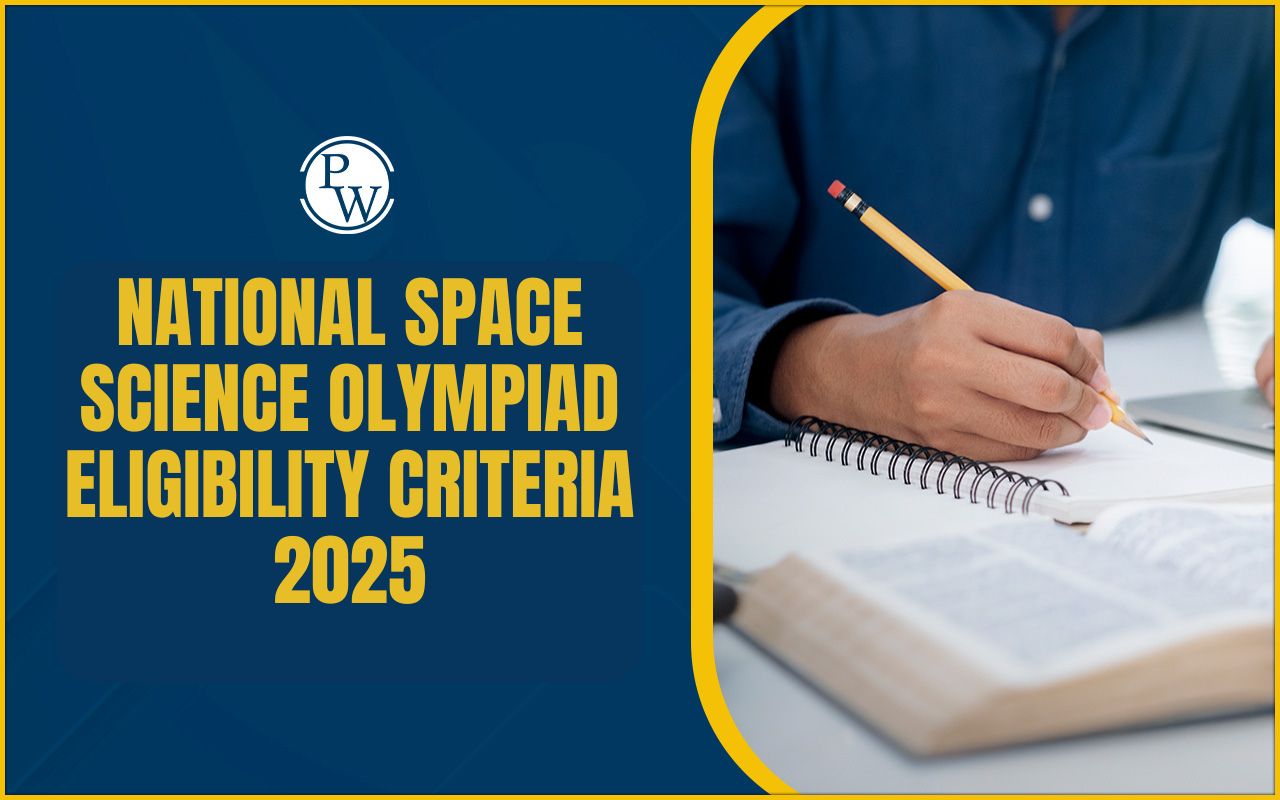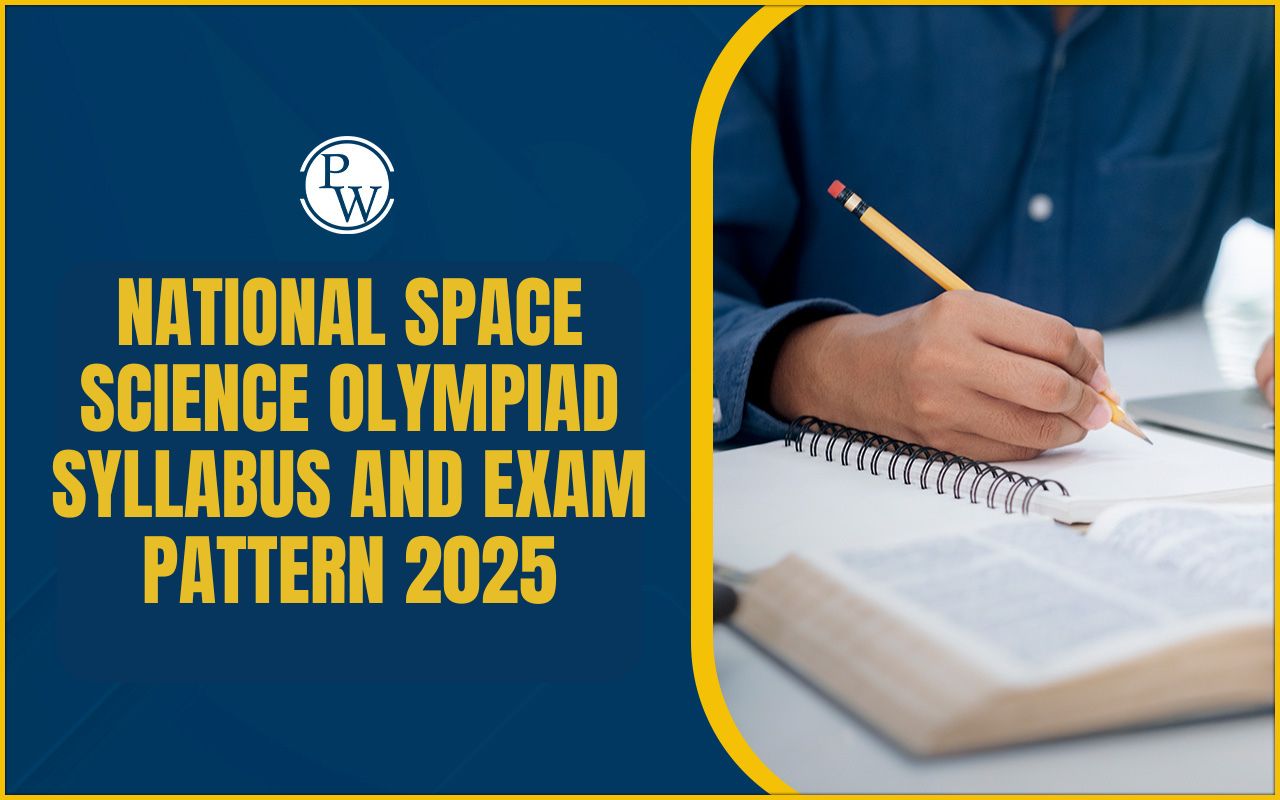
National Space Science Olympiad (NSSO) is a nationwide competition that encourages students to learn about space and astronomy. It helps young learners explore topics like planets, stars, satellites, and India’s space missions.
The exam is held in two stages: the first round is online, making it easy for students to participate from anywhere, and the final round is offline. If you want to take part, make sure to register by July 31, 2025.
National Space Science Olympiad Registration 2025– Last Date July 31
Students interested in space science and astronomy can now register for the National Space Science Olympiad (NSSO) 2025. The last date to complete the registration is July 31, 2025. The Olympiad offers a chance to explore fascinating topics like the solar system, rockets, ISRO missions, and space technology.
National Space Science Olympiad Exam Important Dates
Here are the important dates for the National Space Science Olympiad (NSSO) 2025. Make sure to keep track of the exam schedule and registration deadline.
|
National Space Science Olympiad Exam Important Dates |
|
|
Event |
Details |
|
Preliminary Exam Date |
September 13 & 14, 2025 |
|
Mode of Preliminary Exam |
Online (from home or school) |
|
Final Exam Mode |
Offline (in-person) |
|
Last Date of Registration |
July 31, 2025 |
|
Official Website |
|
National Space Science Olympiad Eligibility
The National Space Science Olympiad (NSSO) is open to school students who are curious about space and want to learn more about science and astronomy. Students from Class 5 to Class 12 can take part in the Olympiad and are comes in National Space Science Olympiad Eligibility Criteria.
To keep it fair and easy students are grouped based on their class level:
-
Junior Category – Classes 5, 6, and 7
-
Senior Category – Classes 8, 9, and 10
-
Super Senior Category – Classes 11 and 12
You don’t need to be a topper or have any special background in science. If you’re interested in space and want to explore more, you’re eligible to register and take part!
National Space Science Olympiad (NSSO) Syllabus
The National Space Science Olympiad (NSSO) is designed to spark students' interest in astronomy and space science.
It is conducted in two stages Preliminary (Online) and Final (Offline)—and is divided into different categories based on school grades. Here’s a complete overview:
|
National Space Science Olympiad (NSSO) Syllabus |
||
|
Category |
Level |
Topics Covered |
|
Junior (Grades 5–7) |
Preliminary (Online) |
- Artificial Satellites & Orbits (LEO, MEO, GEO) - Kepler’s Laws, Rocketry Basics - Indian Space Program (ISRO, missions, satellites) - Observational Astronomy (night sky, constellations) - Earth-Moon System (eclipses, phases, seasons) |
|
Final (Offline) |
- Telescopes & Observatories (optical, space-based) - Measuring the Cosmos (Parallax, Standard Candle) - Stellar Physics (fusion, energy in stars) - Stellar Evolution (life cycle of stars) - Cosmology (Big Bang, CMB, dark matter/energy) - Exoplanets & Space Exploration |
|
|
Senior & Super Senior (Grades 8–12) |
Preliminary (Online) |
- Gravity & Orbits (Newton’s law, Kepler’s laws) - Rocketry & Satellites - Indian Space Program - Observational Astronomy - Earth-Moon System |
|
Final (Offline) |
- Telescopes & Observatories - Measuring the Cosmos (including Redshift method) - Stellar Physics & Solar Activity - Stellar Evolution (with HR Diagram) - Cosmology (universe structure, expansion) - Exoplanets & Detection Methods |
|
Why Should You Take National Space Science Olympiad?
Participating in NSSO gives you a chance to learn more about the amazing world of space science. It helps improve your problem-solving skills and encourages you to think critically about science. You also get to compete with students from all over India, which can boost your confidence and motivation.
Besides, top performers get awards, certificates, and sometimes exciting prizes related to astronomy and space.
How to Prepare for NSSO?
Preparing for the National Space Science Olympiad (NSSO) can be fun and exciting if you follow a smart plan. Here are a few tips to help you get started:
-
Study the NSSO syllabus carefully.
-
Read books and e-books on space science and astronomy.
-
Watch educational videos and documentaries about space.
-
Solve previous years’ question papers and sample tests.
-
Participate in workshops or webinars if available.
National Space Science Olympiad FAQs
Who can take part in the National Space Science Olympiad?
What subjects are included in the National Space Science Olympiad?
How is the National Space Science Olympiad conducted?
Where can I register for the National Space Science Olympiad?
What is the format of the National Space Science Olympiad exam?


